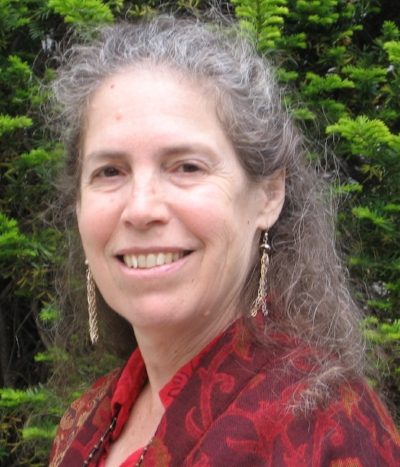 An excerpt from the essay, “Economy and Endings in Lucia Berlin’s A Manual for Cleaning Women,” Christina Ward-Niven (fiction, ’18), published at Fiction Writers’ Review:
An excerpt from the essay, “Economy and Endings in Lucia Berlin’s A Manual for Cleaning Women,” Christina Ward-Niven (fiction, ’18), published at Fiction Writers’ Review:
Economy and Endings in Lucia Berlin’s A Manual for Cleaning Women
As a writer, I spend considerable time revising toward compression. I cut, I condense, I push my reluctant self to get rid of unnecessary modifiers and wordy exposition. My goal is to transform each (often-sprawling) first draft into something tighter, more energized, more powerful.
Similarly, I focus ample revision attention on endings. As a reader, I love a strong, surprising short-story ending—final lines that are often, paradoxically, a kind of opening-out. I strive for that kind of closure in my own stories.
Lucia Berlin’s stories in A Manual for Cleaning Women serve as a model in both of these arenas. Each piece features a remarkable combination of compression and intensity. How is she able to pack so much—a distinct voice, vivid details, understated but palpable emotion—into such short, deceptively simple-seeming stories? A close examination of economy and endings in this collection reveals several craft choices made by the author that consistently bolster efficiency and surprise.
One way Berlin is economic is in her characterization. She is somehow able to evoke full, distinct characters with minimal words. An example is the dentist grandfather in “Dr. H. A. Moynihan.” The first-person narrator of this story is remembering a summer during her childhood when she was required to work in her grandfather’s dental office. Over the course of the 7.5-page story, the author gives us a thorough picture of “Grandpa”—both as a physical being and a personality. One tool she uses is direct, straightforward reporting; the narrator acknowledges the complex mixed emotions she has about Grandpa (so true-to-life, these forever-complicated feelings about family), along with conveying how her mother feels about him, and there’s a matter-of-factness to the tone.
[…continue reading here]
 In addition to a “Weep Holes in Body,” a poem published at Tinderbox Poetry Journal, Leslie Contreras Schwartz (poetry, ’11) is celebrating the release of her second collection of poetry, Nightbloom & Cenote.
In addition to a “Weep Holes in Body,” a poem published at Tinderbox Poetry Journal, Leslie Contreras Schwartz (poetry, ’11) is celebrating the release of her second collection of poetry, Nightbloom & Cenote.









